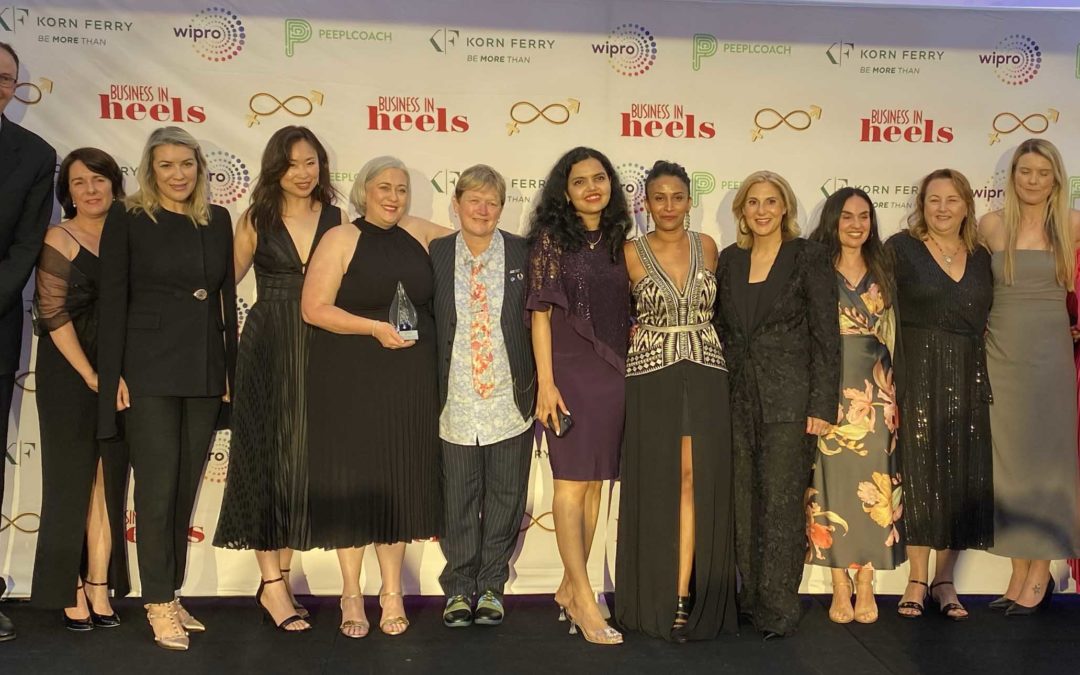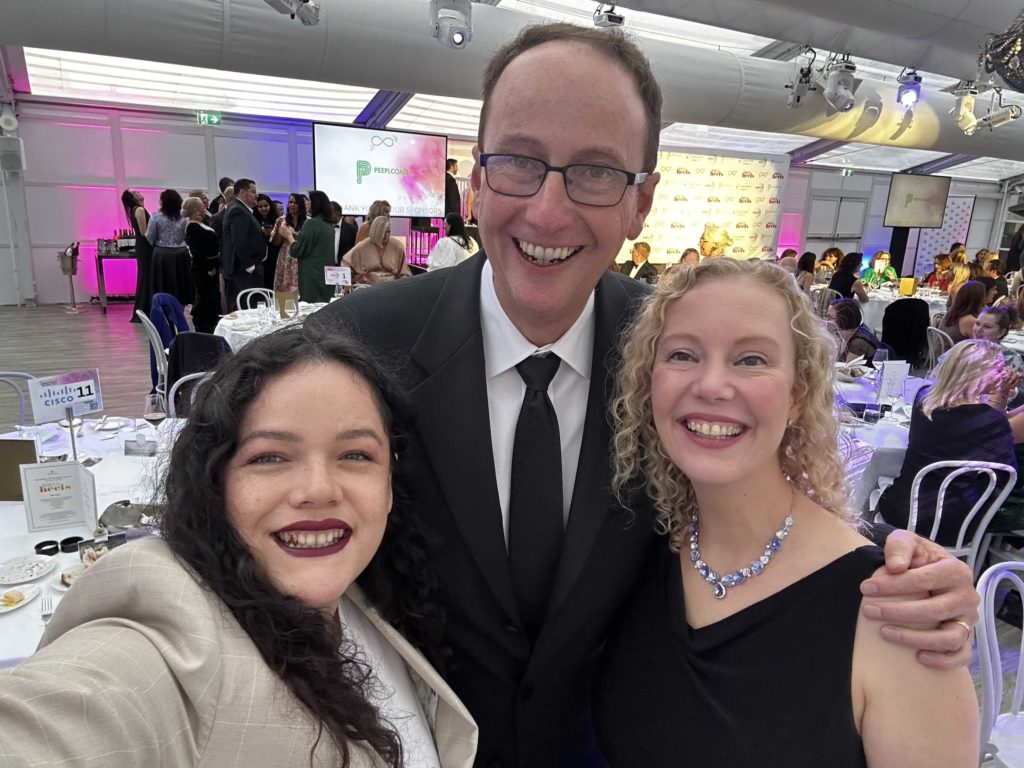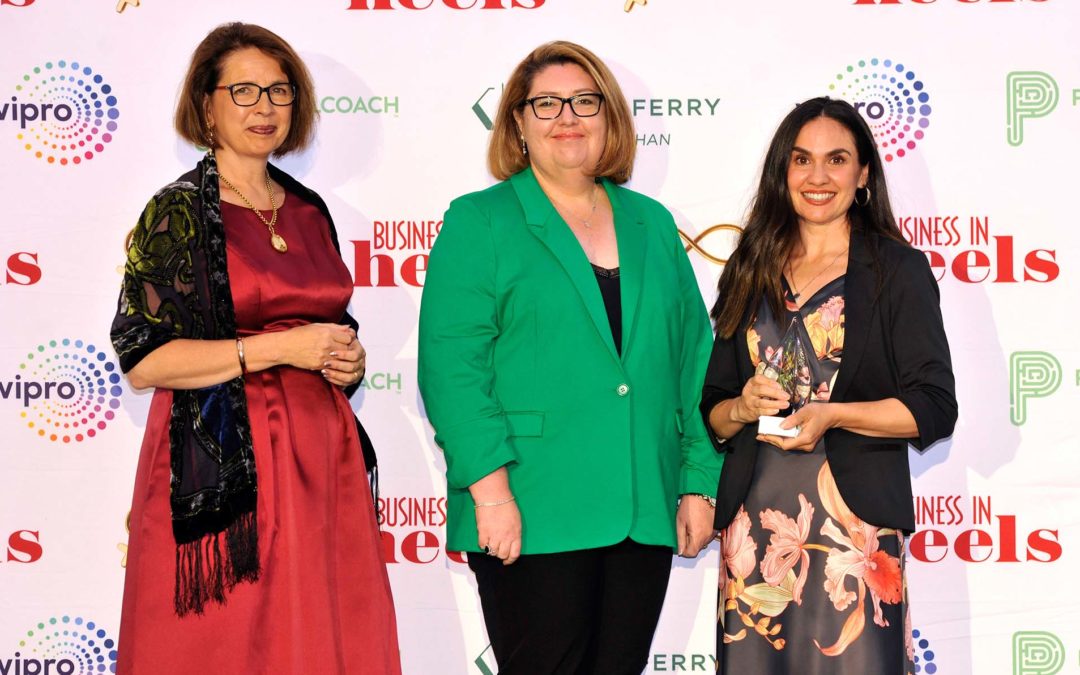
This Year Brings Hope for Gender Equity: New Regulations Propel Action
This year, there is renewed hope for advancing gender equity in Australia, driven by significant legislative changes that are compelling employers to confront longstanding issues of inequality and discrimination. The introduction of mandatory reporting of gender pay gap figures, coupled with the heightened risk of breaching the new Psychosocial Hazards Act, is compelling employers to prioritize transparency and address the systemic barriers that hinder women’s progress in the workplace.
The implementation of mandatory reporting requirements for gender pay gap figures represents a pivotal step towards greater transparency and accountability in addressing wage disparities between men and women. By shining a spotlight on pay discrepancies, these regulations are forcing employers to confront inequities head-on and take concrete steps to rectify them. This heightened scrutiny not only raises awareness of the persistent gender pay gap but also incentivizes employers to proactively address underlying issues contributing to wage disparities.
“We can attribute a roughly 40% decrease in the gender pay gap following pay transparency.” Says Tomasz Obloj, associate professor of strategy and business policy at HEC Paris business school and co-author of the study, of nearly 100,000 academics across the US on the public displaying employee salaries.
Furthermore, the introduction of the Psychosocial Hazards Act underscores the growing recognition of the detrimental impact of workplace discrimination, harassment, and other psychosocial hazards on employees’ well-being. Employers now face increased pressure to create safe and supportive work environments that prioritize the mental health and dignity of all employees, regardless of gender. Failure to address psychosocial hazards not only risks legal repercussions but also damages organizational reputation and employee morale.
These legislative developments are catalysing a paradigm shift in how employers approach gender equity and workplace culture. Organizations are increasingly recognizing the business imperative of fostering diverse, inclusive, and respectful workplaces that empower all employees to thrive. By promoting transparency, accountability, and proactive measures to address gender disparities and psychosocial hazards, employers can cultivate a culture of trust, fairness, and equality that benefits employees and the organization as a whole.
Moreover, these regulatory changes are driving broader societal conversations about gender equity and challenging entrenched norms and attitudes. Employers, policymakers, and civil society are increasingly collaborating to dismantle systemic barriers to women’s advancement and create opportunities for meaningful change. This collective momentum is fuelling optimism that tangible progress towards gender equity is not only possible but imminent.
In conclusion, the convergence of mandatory reporting of gender pay gap figures and the introduction of the Psychosocial Hazards Act represents a watershed moment for gender equity in Australia. Employers are now compelled to confront issues of inequality and discrimination with unprecedented transparency and urgency. While challenges remain, this year holds promise for meaningful strides towards a more equitable and inclusive future where all individuals, regardless of gender, can thrive in the workplace and beyond.






